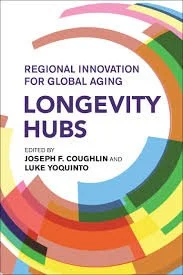How AI Is Transforming B2C Marketing: Function-by-Function Breakdown
/AI is no longer optional in B2C marketing—it’s the backbone of competitive strategy. This guide breaks down how artificial intelligence is reshaping every function, from brand building and content creation to customer retention and analytics. Ideal for senior marketers and founders, it offers a diagnostic framework and platform-specific insights for navigating the AI-first era of consumer engagement.
Read More




















